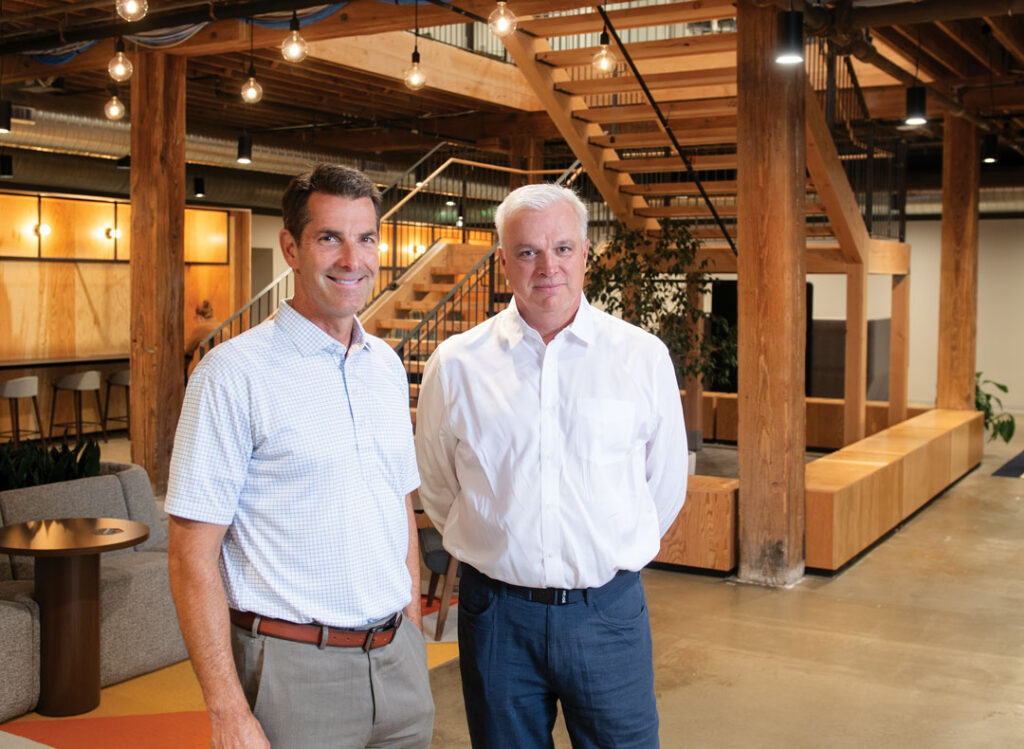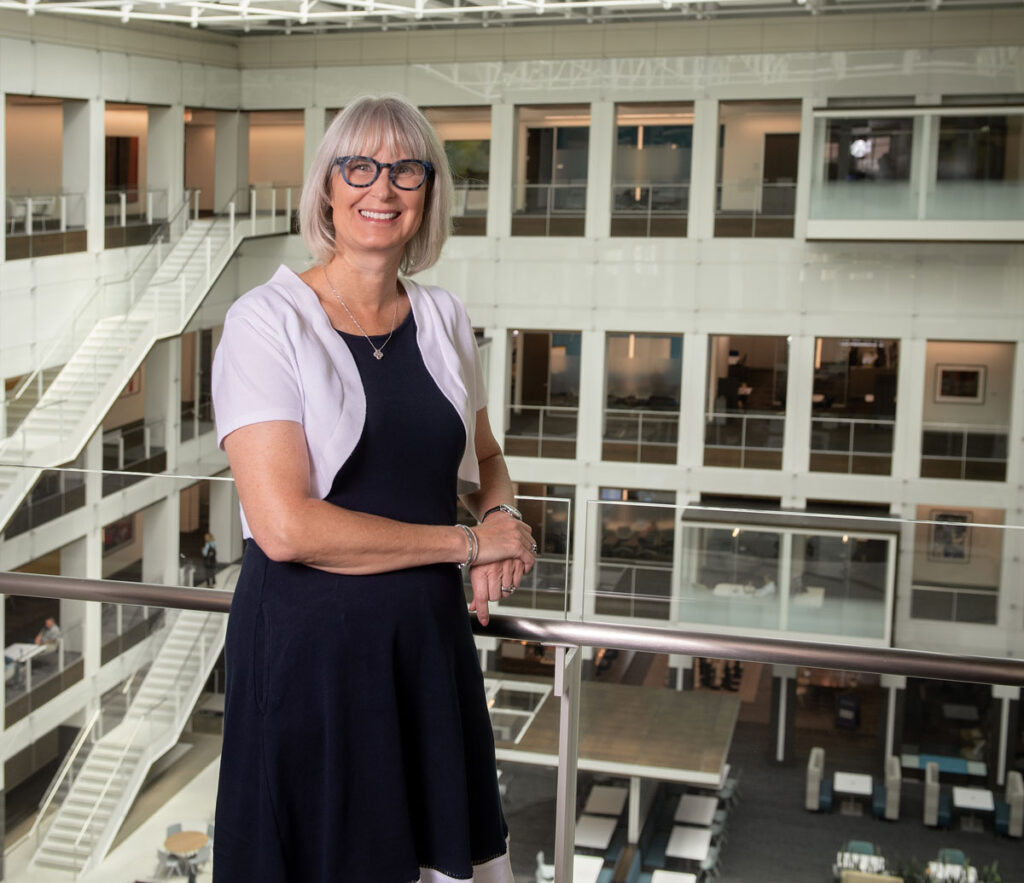NOTEBOOK: UNI class is hands-on in the development game

KENT DARR Oct 24, 2018 | 8:44 pm
3 min read time
599 wordsBusiness Record Insider, The Insider NotebookOver the years, I’ve interviewed a handful of people who have the ability to wrap you up in their enthusiasm and not let go. Art Cox, a University of Northern Iowa professor who has cast many former students into the world of commercial real estate here in Greater Des Moines, is one of those people.
Several years ago, I interviewed him by telephone on a steamy July day. He was sealing the deck at his Cedar Falls home. We talked while the sealer dried. It was a multi-coated interview. I went home that evening and checked around to find out where I could obtain the sealant.
These days, Cox, a finance professor who has been the director of the UNI Center for Real Estate Education for nearly 24 years, is understandably excited about a new program where students get an exercise in sealing a development deal from start to finish.
This is the first year for the program, a capstone course, as Cox described it, that serves as a test of what real estate students have gleaned from their time in the course.
“We needed to put some closure around the degree that would really distinguish us from the schools around the country,” Cox said. “It’s been a long time in the works.”
Focus for this semester is on a Des Moines property at East Second Street and East Court Avenue that is owned by developer Jake Christensen.
“This is a site looking for a use,” Cox said. “The students’ job is to create and write a complete development plan for that property. If you were going to develop it, what would you do, how would you pay for it?”
The appeal of the Christensen property is that it could serve as a new development or redevelopment, Cox said.
Being a tad impatient, the students are wanting to get directly to the development project itself, Cox said. Instead, they are being told to complete a market analysis, providing answers to such things as what type of project — office, mixed-use, multifamily — would fit the site. Should the developer own and operate the site after it is completed, or should it be sold?
“They are bogged down in the market analysis,” Cox said. “Once they figure out what is going on down there, they will feel a lot better about themselves. They want to jump to make a decision rather than gather the info.”
A couple of months ago, the students — there are four in this first class — met with Christensen and Ryan Moffatt, a project manager for the city of Des Moines economic development department.
“We toured the city and toured the property, talked about what’s there; Jake pointed out things that were not immediately obvious, such as windows on the north side that are painted over. In an old factory-type space, the north-facing windows were used not only for light but also for ventilation.”
The tour included the east and west sides of the Des Moines River. Moffatt brought the students up to speed on other development projects, “what is happening and what the city would like to see happen,” Cox said.
Students have met with a project manager from Ryan Cos. US Inc. and Matt Brown, president of Formation Group.
The class will end in December with a presentation before a panel that will include Christensen, a representative from CBRE|Hubbell Commercial and other experts. It should be noted that the development plan will be just that, a plan. Christensen could have his own ideas for the best use of the property by that time.








